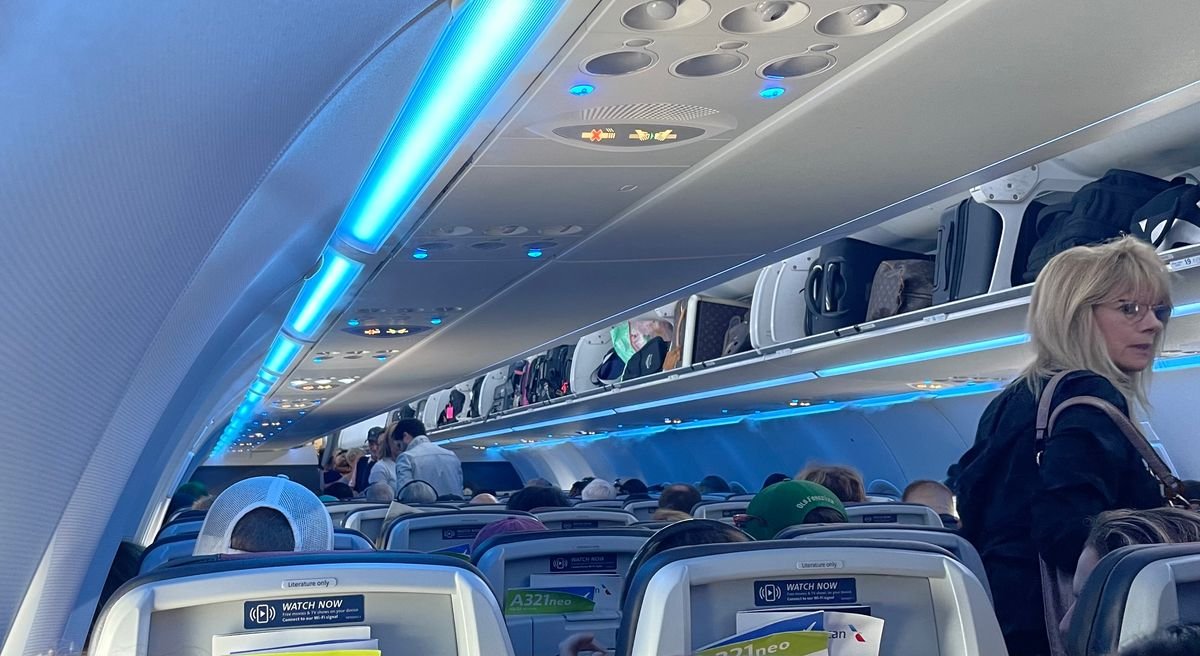 New research among working parents claims that three quarters (74 percent) would look for a new job if they were asked to travel to a central office five days a week.
New research among working parents claims that three quarters (74 percent) would look for a new job if they were asked to travel to a central office five days a week.
The study, undertaken by International Workplace Group among more than 1,000 parents in hybrid working roles, highlights that 83 percent said they were better parents as a result of the flexibility offered by hybrid working. 89 percent say they are closer to their children and are more present (92 percent), while 86 percent say their family’s quality of life has improved.
A key driver of improved family happiness has been the additional time afforded to parents by the reduction of long daily commutes. 84 percent of parents said hybrid working allowed them to spend more time with their children, with 85 percent saying they are now more involved in day-to-day parenting responsibilities.
Nine in 10 parents (90 percent) said that hybrid working had empowered them to have a better work/life balance, which in turn is enabling more time for family activities. This is particularly pronounced in the morning, with parents reporting that they have more time for breakfast together (67 percent), getting children ready for school (54 percent) and doing the school run (53 percent).
After school, parents said they can now more regularly help their children with homework (46 percent) and eat dinner with their family (49 percent), while 9 in 10 (90 percent) said they were now more able to be there for important milestones and events for their children, including parents’ evenings (52 percent), family birthdays (48 percent) and school holidays (51 percent).
On average parents now have an additional five hours a week to spend with their families, equivalent to 260 hours a year or an additional hour every working day. Almost a quarter (23 percent) of parents reported time savings of more than five hours a week.
“Flexibility is now a decisive factor in how and where parents choose to work”
The study by International Workplace Group also claims that on average parents were saving more than £5,500 a year on childcare. More than half (56 percent) said that they would struggle to pay for the childcare services required to cover a full five day working week in a central office.
Mark Dixon, Chief Executive Officer, International Workplace Group commented: “The ongoing and irreversible shift to hybrid working is having a transformative impact on the lives of millions of people globally. This latest research highlights how parents working in the hybrid model are enjoying a significantly improved work/life balance. Instead of wasting hours commuting long distances daily, they are now working locally, enjoying more of those important family moments that they were previously missing out on.”
Fatima Koning, Group Chief Commercial Officer, International Workplace Group commented: “Our research shows that flexibility is now a decisive factor in how and where parents choose to work. With parents currently making up 40 percent of the workforce, organisations that overlook this shift to the hybrid model risk falling behind and will struggle to attract – and retain – the best talent, as the modern workforce continues to demand adaptability. Ultimately, employers who embrace this are investing in a happier, more engaged workforce”
Parents currently make up over 40 percent of the workforce, so it’s clear that companies which do not offer hybrid working will struggle to attract and retain the best talent. Flexible work is now a decisive factor for working parents and organisations that overlook this shift risk falling behind. The modern workforce demands adaptability, and employers who embrace this are investing in a happier, more engaged workforce”



























